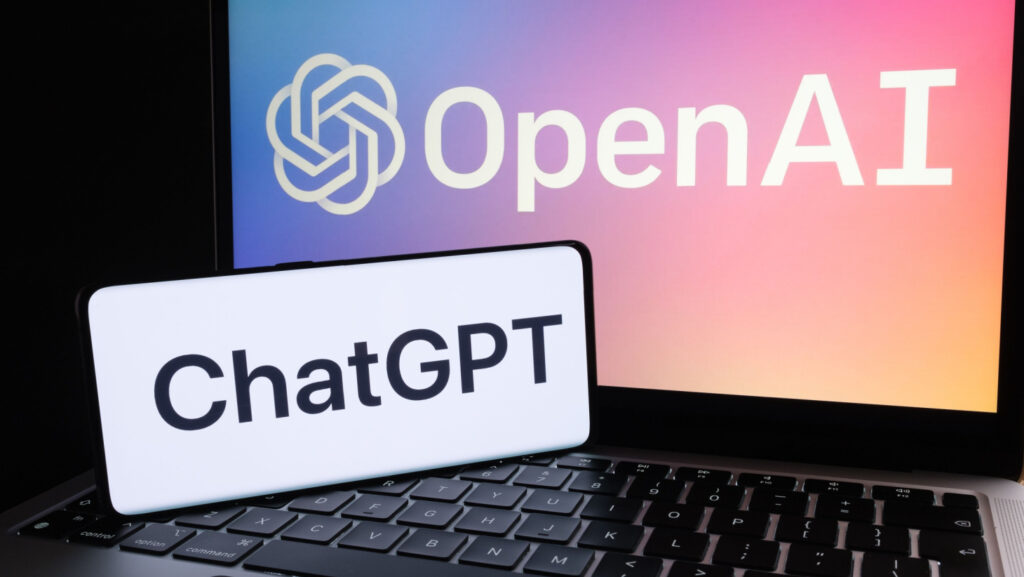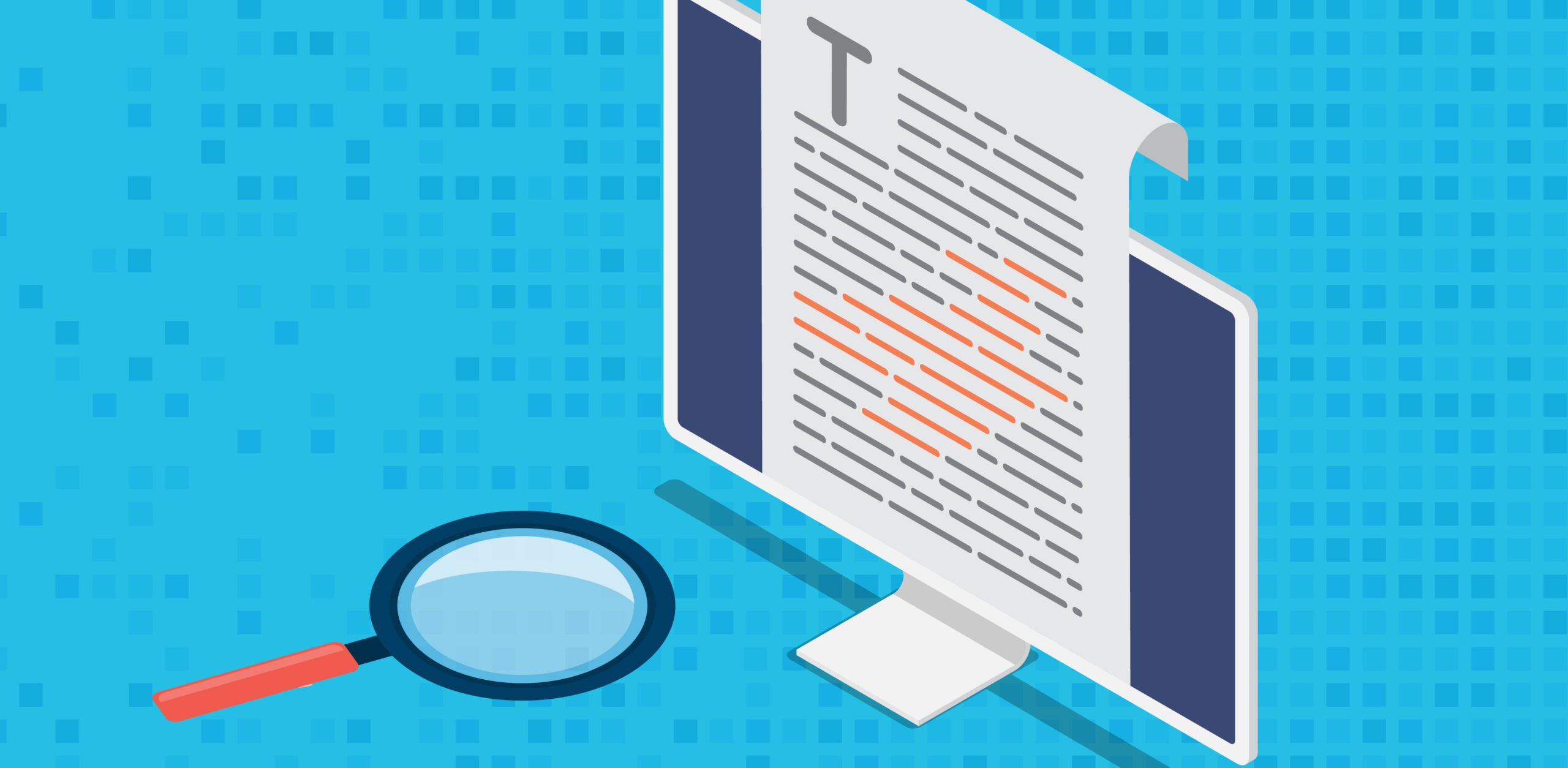Have you ever found yourself pulling an all-nighter, wishing you had a magic homework helper? With ChatGPT, that wish came true. This AI chatbot can write essays, answer questions, and even code for you. But here’s the question: Can your teachers tell when you’re using it?
What’s ChatGPT anyway?
ChatGPT is like a super-smart robot that’s good at words. You ask it a question, and it gives you a detailed answer, almost like a human. It’s become a massive hit with students who need a little extra help with their assignments.
So, can universities spot AI-written work?
The short answer is yes, but it’s a bit complicated.
How do they do it?
- Perplexity: It means how surprising or unpredictable the word choices are in a piece of writing. Human writing tends to be more surprising than AI, which tends to stick to the most obvious words.
- Burstiness: Think of this like the rhythm of writing. Human writing has more variety. It has long and short sentences. It uses different types of words. AI tends to be more even and monotonous.
- AI Detection Tools: Programs like GPTZero can analyze text. They score how likely it is to be AI-generated.

Even without fancy software, your teachers are pretty sharp. After years of reading student papers, they often have a gut feeling when something is off. Here are some telltale signs that might tip them off:
- No original thoughts: If your essay reads like a Wikipedia page, that’s a red flag. It should have your opinions and insights.
- Robot talk: AI can sound a bit stiff and formal like it’s trying too hard to be smart.
- Not relating to class: If your essay lacks class references, your teacher will doubt you wrote it.
https://www.discoverable.co.uk/blog/can-universities-detect-chatgpt
The Temptation of Shortcuts: Why Students Turn to AI
Let’s be honest – school can be a real drag sometimes. Deadlines pile up, exams loom, and the pressure to succeed feels overwhelming. It’s no wonder some students start looking for shortcuts, like using AI to write their essays. But before you go down that road, it’s important to understand why taking the easy way out might not be so easy after all.
Why do people cheat?
It’s not always about being lazy. There are a bunch of reasons why someone might turn to AI:
- Feeling Overwhelmed: Maybe you’re juggling a part-time job, extracurriculars, and a social life. When assignments feel like the straw that’ll break the camel’s back, AI can seem like a lifesaver.
- Fear of Failure: That sinking feeling when you don’t understand the material can be paralyzing. Some students might see AI as a way to avoid a bad grade and the disappointment that comes with it.
- Lack of Confidence: If you struggle with writing, AI can seem tempting to sound smarter.
- “Everyone’s Doing It”: Classmates are using ChatGPT. It’s easy to feel like the only one following the rules. But remember, just because others are taking shortcuts doesn’t mean you have to.
Why AI isn’t the answer:
- You’re missing the point. School isn’t just about grades. It’s about learning to think critically, solve problems, and express yourself. When AI thinks for you, you’re not building those skills.
- It’s a false crutch that AI might help with a few assignments. But, what if you face a test or a real-world situation where you can’t use it? You’ll be left feeling unprepared and lacking the knowledge you need to succeed.
- Cheating is a serious offence. Getting caught can lead to failing grades, academic probation, or even expulsion. It’s a risk that’s simply not worth taking.
There’s a Better Way!
If you’re struggling, don’t give up! There are plenty of resources available to help you succeed:
- Talk to your teachers. They’re there to help you learn. Ask for extra help, clarification on assignments, or even just someone to bounce ideas off of.
- Reach out to tutors or classmates. Studying with others can make learning more fun. It can also help you better understand the stuff.
- Use AI as a tool, not a crutch. ChatGPT is great for brainstorming, getting feedback, and summarizing complex topics. Just don’t let it do all the work for you.
Remember, the joy of earning a hard-won grade is better than the fleeting relief of cheating. By facing challenges and working hard, you’ll get better grades. You’ll also gain valuable, lifelong skills.
Thank you so much for reading, click the link below to read more of our Education. Articles:




 Enjoy Your First Month Free!
Enjoy Your First Month Free!  Unlock Exclusive Live Webinars – Learn, grow, and connect.
Unlock Exclusive Live Webinars – Learn, grow, and connect. Join a Purpose-Driven Community – Make a lasting impact together.
Join a Purpose-Driven Community – Make a lasting impact together. By joining our community, you help provide up to
By joining our community, you help provide up to
Leave a Reply
You must be logged in to post a comment.